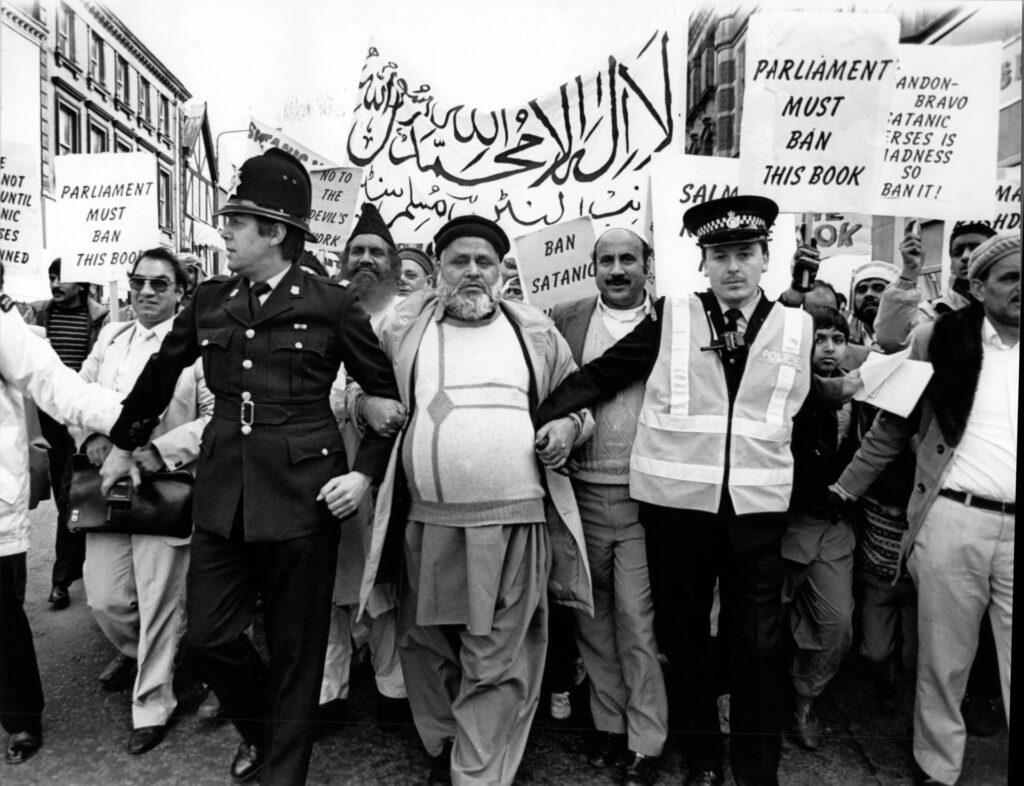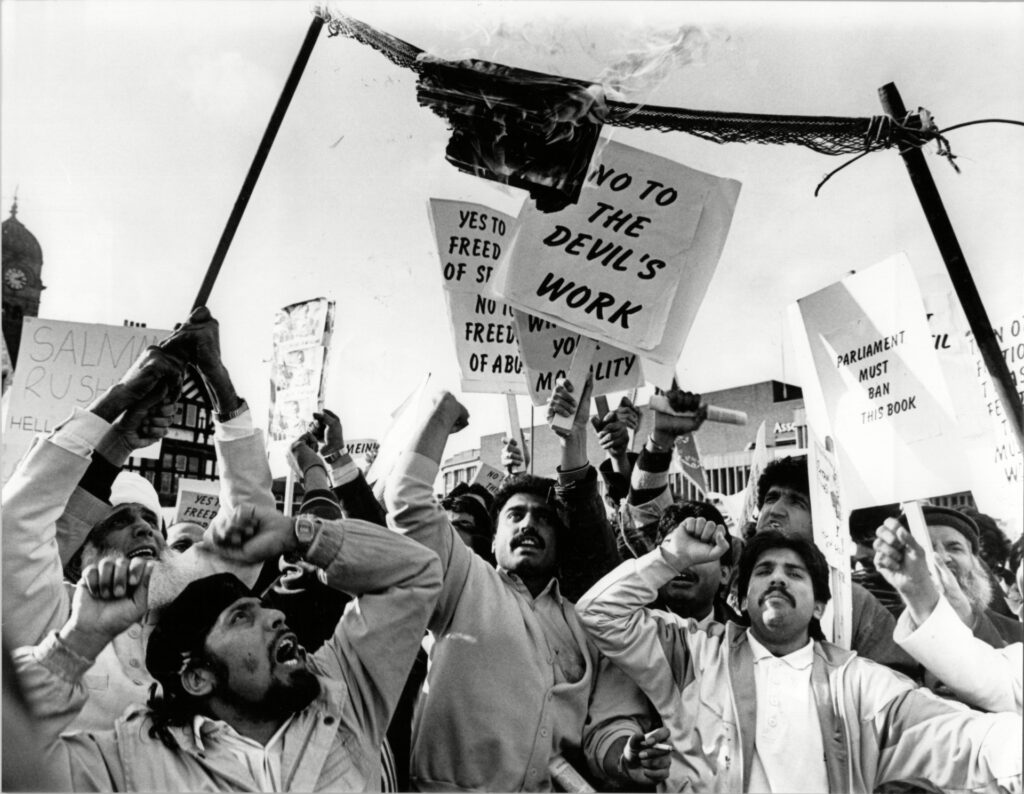Rushdie Speaks Out After ‘Colossal Attack’ by Radical Muslim Left Him Near Dead
Salman Rushdie has spoken out for the first time since a radical Islamic terror attack in New York prompted by a decades-old Iranian fatwa left him near death.
Speaking to The New Yorker for the first time since Hadi Matar, a California-born son of Lebanese migrants, stabbed him repeatedly after rushing the stage at the Chautauqua Institution in New York, Rushdie quipped that he had “been better” but that “considering what happened, I’m not so bad.”
“The big injuries are healed, essentially,” said the author of The Satanic Verses, which referenced, as The New Yorker recounts it, an incident in the Islamic Qur’an in which “in which the Prophet Muhammad… is said to have been deceived by Satan and made a proclamation venerating three goddesses [until] the Archangel Gabriel revealed this deception, and the verses were expunged from the sacred record.”
“I have feeling in my thumb and index finger and in the bottom half of the palm. I’m doing a lot of hand therapy, and I’m told that I’m doing very well,” Rushdie said.
“I’m able to get up and walk around. When I say I’m fine, I mean, there are bits of my body that need constant check ups. It was a colossal attack,” he admitted.
The India-born British-American author suggested he had “PTSD” — post-traumatic stress disorder — and revealed that he has found it “very, very difficult to write.”
“I sit down to write, and nothing happens. I write, but it’s a combination of blankness and junk, stuff that I write and that I delete the next day. I’m not out of that forest yet, really.”
The attack on Rushdie was inspired by a 1980s death sentence passed upon him by the Islamic Republic of Iran’s inaugural Supreme Leader, Ayatollah Ruhollah Khomeini, as punishment for the allegedly blasphemous nature of his book The Satanic Verses.

Anti-Rushdie protestors move down St. Peter’s street Derby, England in 15th March 1989. (Photo by Staff/Mirrorpix/Getty Images)
While Khomeini has since died, his successor, Ayatollah Ali Khamenei, has refused to retract the fatwa — indeed, he has suggested that he cannot.
Rushdie is not the first victim of the fatwa, either, with his book’s Japanese translator, Hitoshi Igarashi, was stabbed to death in his office at the University of Tsukuba — his assailants have never been brought to justice — in 1991, and Italian translator Ettore Capriolo suffered a similar attack, though he survived.
Norwegian publisher William Nygaard was also shot in the back repeatedly by a would-be assassin in Oslo in 1993. He also survived, with two men, a Lebanese national and a former Iranian diplomat, being charged for the attempted killing only in 2018.

Muslims Burn Salman Rushdie’s book outside Derby Council Headquarters, 15th March 1989. (Photo by Staff/Mirrorpix/Getty Images)





Comments are closed.